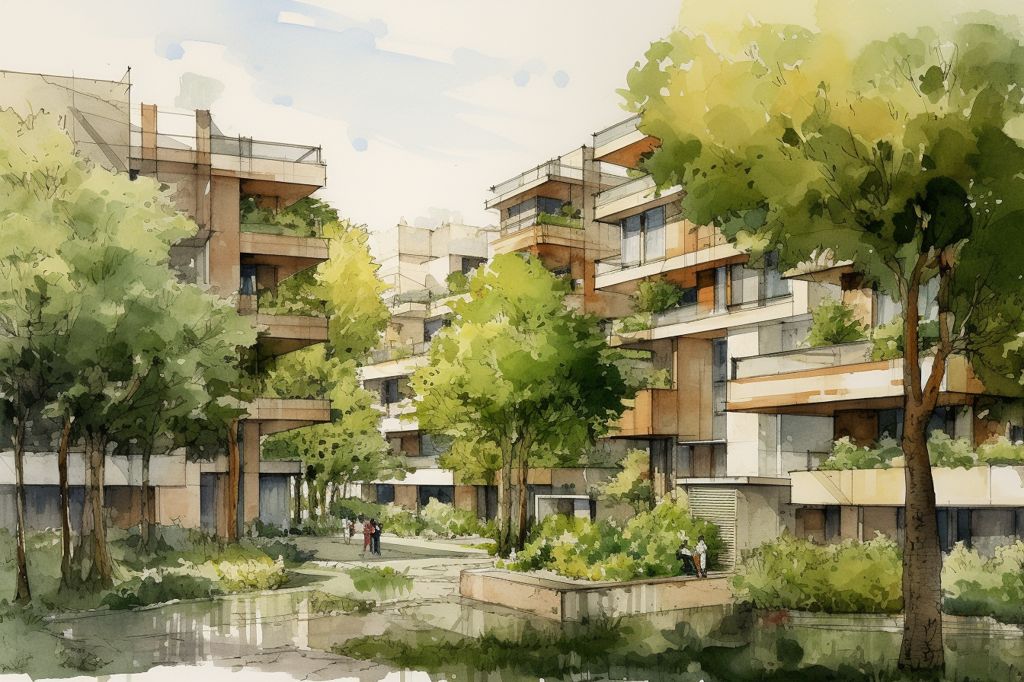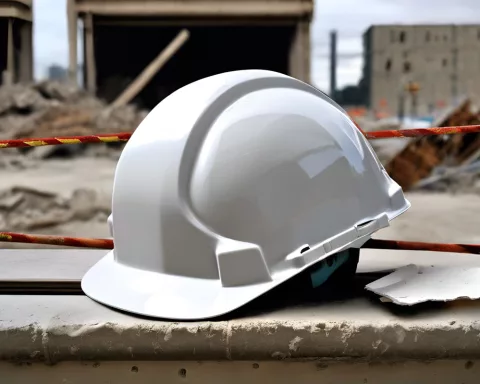Deputy Minister of Water and Sanitation, Mr. David Mahlobo, led a meeting in Vereeniging on August 25, 2023, to discuss the progress of the Section 63 Intervention in the Sedibeng District Municipality. The objective was to address the challenges faced by the Emfuleni Local Municipality in managing water and sanitation services.
Background
In 2021, Minister Senzo Mchunu invoked Section 63 of the Water Services Act, placing the Emfuleni Local Municipality under administration due to its failure to manage water and sanitation services effectively. Sewer spillages polluted the Vaal River, a crucial source of raw water, affecting communities. Rand Water was appointed as an implementing agent to eliminate pollution in the river and its tributaries and to tackle water and sanitation service delivery challenges.
The Intervention
The intervention comprises two major programs: the Sedibeng Regional Sewer Scheme and the Vaal River System Intervention. The objectives include upgrading the current capacity management of the Emfuleni Local Municipality, increasing wastewater treatment plant capacity, optimizing the operation of critical pump stations, and repairing pipelines.
Rand Water’s Progress
Rand Water presented a comprehensive overview of its progress during the meeting. This included upgrades of critical pumping stations and collapsed pipes in Vereeniging, refurbishments of three wastewater treatment plants, and upgrades of the Rothdene pump station. Capacity upgrades are in the final stages of procurement, with some nearing completion.
Stakeholder Engagement
The project steering committee members requested that the Department and Rand Water Board accelerate their efforts and start looking at options for rehabilitating the Vaal River. This includes investigating projects for effluent reuse and beneficiation. Deputy Minister Mahlobo emphasized the importance of sharing all information on progress with the municipality to foster open communication between the parties.
Deputy Minister Mahlobo acknowledged Rand Water’s significant progress but called for further acceleration of work in Emfuleni. He stressed the importance of eradicating pollution in the Vaal River and its tributaries and fostering a culture of open communication between stakeholders. The Department of Water and Sanitation will continue to host stakeholder engagement sessions to improve communication and ensure the intervention achieves its goals and objectives.








